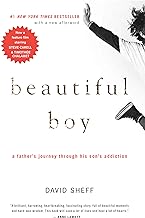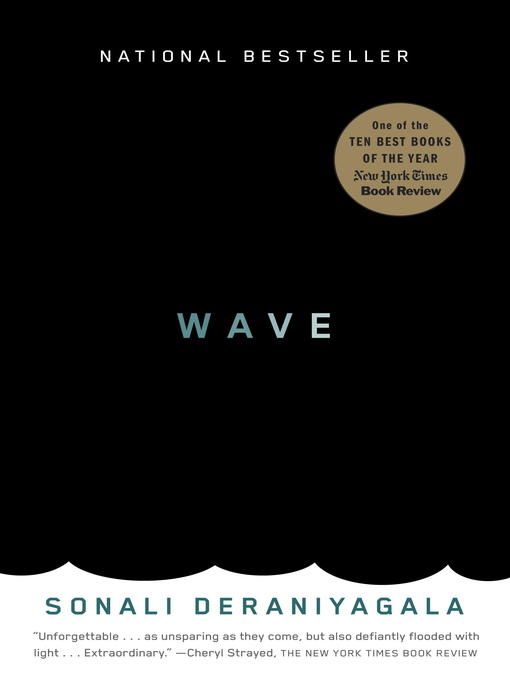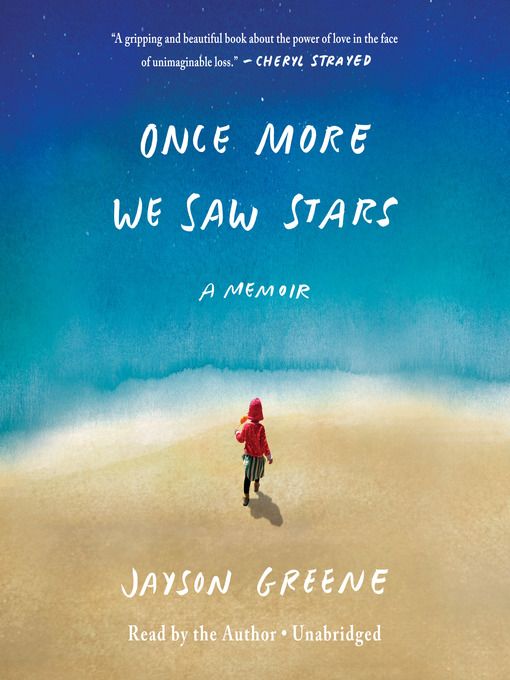I happen to find tragic memoirs compelling, especially those that end on a note of hope or the promise of redemption. Three memoirs I’ve read recently do just that.
Beautiful Boy by David Sheff tells the story of Sheff’s son Nicholas’s devastating addiction to methamphetamine, aka “crystal meth.” Like most parents, Sheff had difficulty believing that his intelligent, talented and sensitive son could possibly be taking drugs. Sheff’s memoir focuses on his own journey from denial to desperate attempts to save Nic to acceptance that Nic must save himself. Sheff vividly describes the horrors Nic endures as he struggles to free himself from his demons. He also recounts his own past dalliance with drugs, which perhaps led Sheff to a laissez-faire attitude that may not have served Nic well when his drug use moved from cigarettes to marijuana to harder drugs. Sheff leaves the reader with the sense that Nic has a last chance to turn his life around—something that Nic wrote about later in his own memoir, Tweak: Growing Up on Methamphetamines.
Wave, by Sonali Deraniyagala, recounts the unimaginably tragic story of Deraniyagala’s surviving the horrific 2004 Boxing Day tsunami while her entire family—husband, two young sons, and both her parents—did not. Deraniyagala had been vacationing in Sri Lanka with her Sri Lankan parents, her British husband, and her children, seven-year-old Vik and five-year-old Malli, when the tsunami hit. She describes the day of the tragedy in excruciating detail, but most of the memoir focuses on Deraniyagala’s seven-year struggle to escape an overwhelming grief that prevents her from forming a new identity, as her old one—as wife, mother, and daughter—had been obliterated by the wave. Her cataclysmic struggle to make sense of a tragedy this incomprehensible is often difficult to read, as bottomless grief, a crazed rage and suicidal thoughts overtake her. Yet in the final segment of the book, when the tidal wave of her loss begins to subside, she allows herself to be redeemed by the memory of the love she shared with her family. It is that final redemption that makes the horror of what preceded it meaningful—for the reader comes to know that even someone who has lost literally everything can find a sort of peace in the end.
Once More We Saw Stars, by Jayson Greene, is the story of Greene and his wife Stacy’s recovery from the accidental death of their two-year-old daughter, Greta. Greta, sitting on a city bench with her grandmother, was struck in the head by a brick that dislodged from an apartment far above her, leaving her brain dead. Greene and Stacy do all the right things to address their loss: donating Greta’s organs to make meaning out of her death; reassuring her grandmother that she is blameless for the tragedy; attending child loss support groups to process their experience with others. However, none of those things can ameliorate the pain of losing one’s only child, as they both discover. A particularly poignant moment occurs when Greene believes he sees his daughter in a park they once frequented together—Was it really Greta? Or merely an illusion, a hallucination? Greene finds solace in the overwhelming feeling that somehow Greta was there in the park with him, miraculously. Of the three memoirs, Once More We Saw Stars is the most obviously hopeful in the end, as Greene and his wife eventually decide to conceive another child, not to take the place of Greta, of course, as no one can; but simply to have a second chance to experience the joys of parenting. The reader celebrates with them as Greene describes the birth of his new son, and Greta takes her place as the big sister Greene’s son will surely come to know through his and his wife’s memories.



